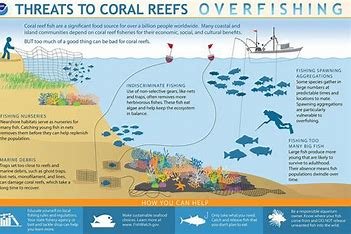A recent study led by the Universitat Autonoma de Barcelona (UAB), in collaboration with universities in Germany and Brazil, has shed light on the devastating impact of human activities on marine ecosystems in the South Atlantic Ocean. Through a meticulous archaeological analysis of fish remains from several sites in Brazil, researchers have uncovered a significant decline in fish species, particularly sharks and rays.
The findings of the study, published in the journal PLoS ONE, highlight the escalating human impacts such as overfishing and habitat degradation as major contributors to the decline of these once-thriving marine areas. The indigenous communities that inhabited the southern coast of Brazil for thousands of years enjoyed abundant and diverse marine ecosystems that played a crucial role in their food security. Large, high trophic level fish and top predators were abundant in these areas.
By examining the fish remains found in archaeological sites, researchers gained valuable insight into the historical biodiversity and the changing dynamics of fish populations. Many species that were abundant in the past are now endangered, while for others, insufficient data on their distribution and abundance pose a challenge for conservation efforts.
Thiago Fossile, the lead author and researcher at UAB, expressed concerns about the growing anthropogenic pressures faced by aquatic fauna in Brazil. He emphasized the importance of using archaeological data to redefine conservation baselines and understand the lost environments that once thrived along the Brazilian coast.
The study also revealed an interesting shift in fishing practices over thousands of years. Ancient human populations had exploited large top predators, but recent fisheries have transitioned towards lower trophic levels. This process, while not recent, has been ongoing for millennia. The findings highlight the significance of indigenous environmental stewardship as a model for sustainable resource utilization and emphasize the crucial role of archaeological faunal remains in understanding the origins and evolution of these enduring practices.
The research serves as a wake-up call for the urgent need to address overfishing and habitat degradation in the South Atlantic Ocean. Conservation efforts must be intensified to protect vulnerable fish species and restore marine ecosystems to their former glory. The study underscores the importance of learning from the past and utilizing archaeological insights to inform fisheries management and conservation strategies.
It is imperative for governments, conservation organizations, and local communities to work together in implementing sustainable fishing practices, protecting critical habitats, and promoting responsible resource utilization. Only through collective action can we hope to reverse the alarming decline of fish species and preserve the marine biodiversity that is not only vital for indigenous communities but also essential for the health and balance of our oceans.

